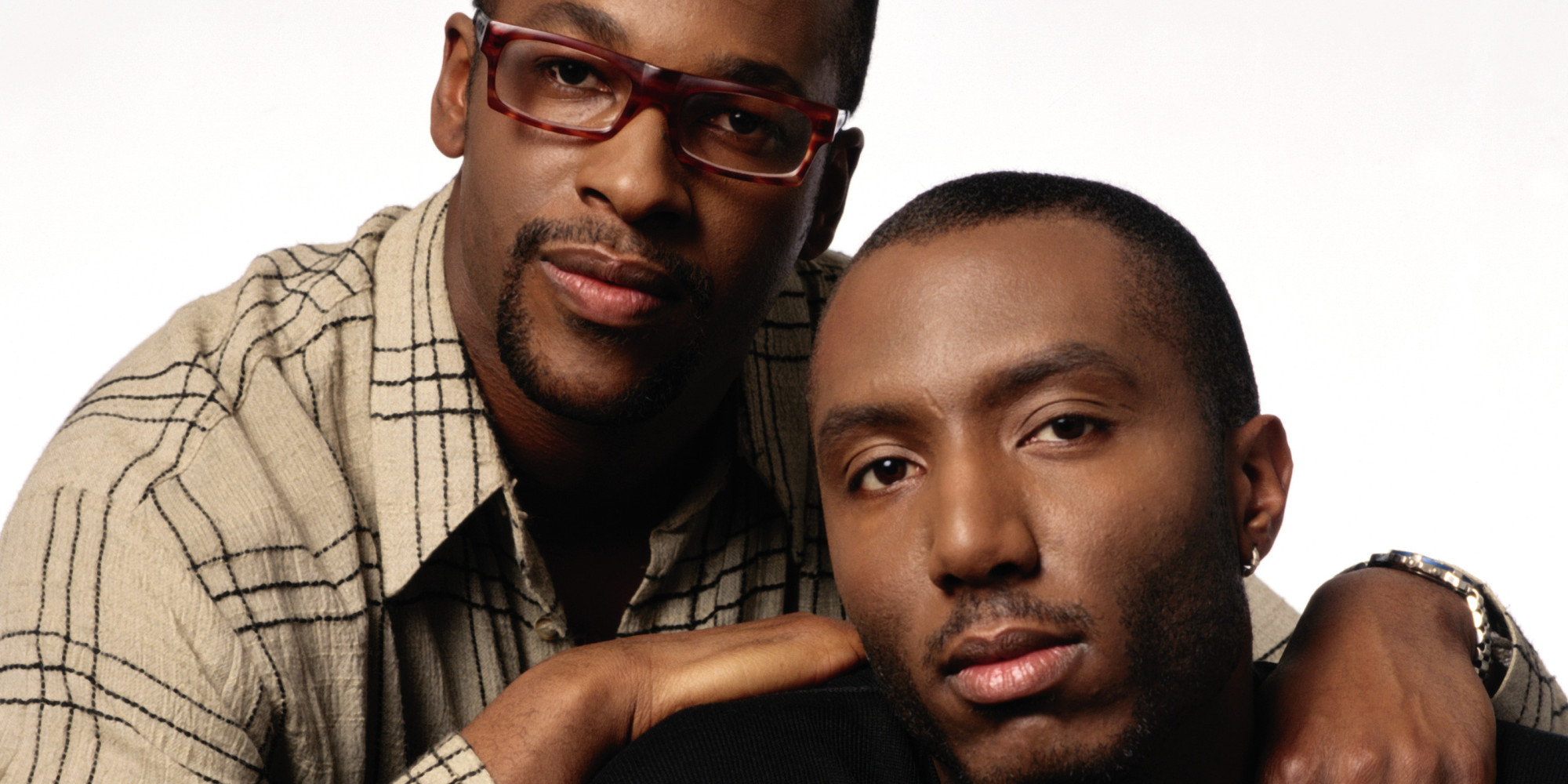
Posted by Andy Henion
Michigan State University
Black men with historically distinctive black names such as Elijah and Moses lived a year longer, on average, than other black men, according to new research examining 3 million US death certificates from 1802 to 1970.
 The study is one of the first to find benefits of having a racially distinctive name. Other studies that looked at current black names such as Jamal and Lakisha suggest that having these modern-day monikers leads to discrimination.
The study is one of the first to find benefits of having a racially distinctive name. Other studies that looked at current black names such as Jamal and Lakisha suggest that having these modern-day monikers leads to discrimination.
“A number of studies indicate that modern black names can act as a burden, whereas our findings show that historical black names conveyed a large advantage over a person’s lifetime,” says Lisa Cook, associate professor of economics at Michigan State University and James Madison College.
Using historical death certificate data from four states—Alabama, Illinois, Missouri, and North Carolina—the researchers previously established the existence of a set of distinctive names given to black men, mainly in the early 20th century. The names range from Abraham to Booker to Isaac.
“A whole additional year on their lives, in mortality terms, is remarkable. Even a third of a year is significant.”
The current study examined mortality rates among men with those names. It found that having a distinctive black name added more than one year of life relative to other black males. The researchers ruled out socioeconomic and environmental factors such as single-parent households, education, and occupation.

“A whole additional year on their lives, in mortality terms, is remarkable,” Cook says. “Even a third of a year is significant.”
Many of the distinctive names come from the Bible and possibly denote empowerment. Cook, who has five generations of Baptist ministers in her family, says one theory is that men with these Old Testament names may have been held to a higher standard in academic and other activities, even implicitly, and had stronger family, church, or community ties.
In contrast, previous research has suggested that having distinctive modern names such as Tremayne and Tanisha has led to discrimination among job applicants, college students seeking mentors, and scientists seeking federal funding. Researchers in the United States, Britain, and elsewhere have studied the issue.
“When people see a name that’s foreign or strange to them in their profession, implicitly they shut down, as these studies have shown,” Cook says. “Then there is an extra layer of bias suggesting that this is possibly a female, poor, or somehow unqualified candidate.
“Research has found that in the United States it’s associated with racial discrimination and in Britain it’s associated with class discrimination.”
Cook’s co-authors are economists Trevon Logan of Ohio State University and John Parman of the College of William and Mary. Their study appears in the journal Explorations in Economic History.

Be the first to comment